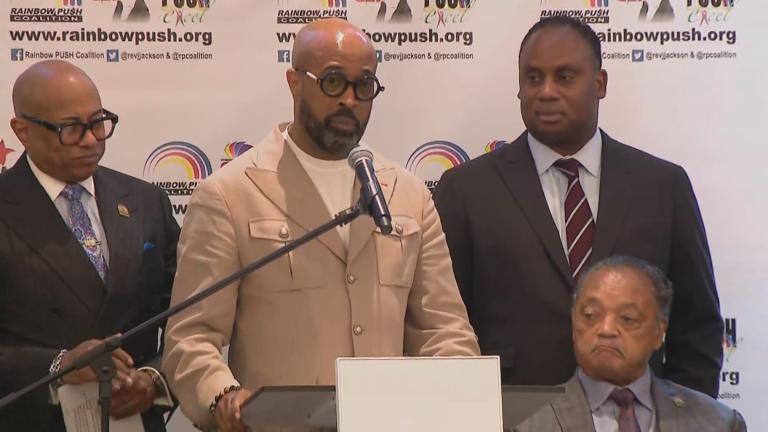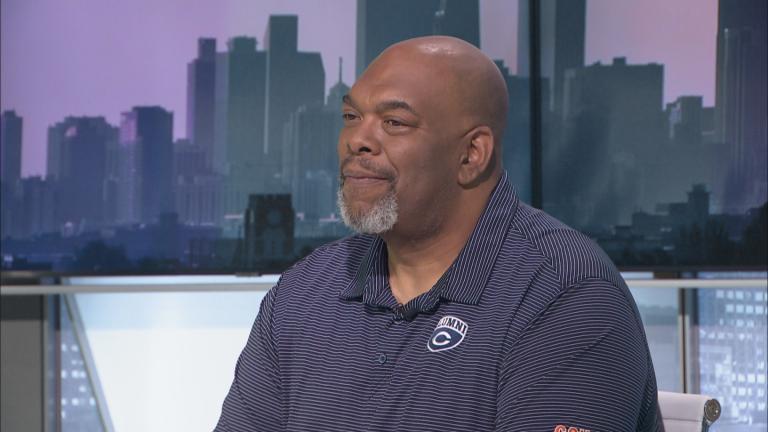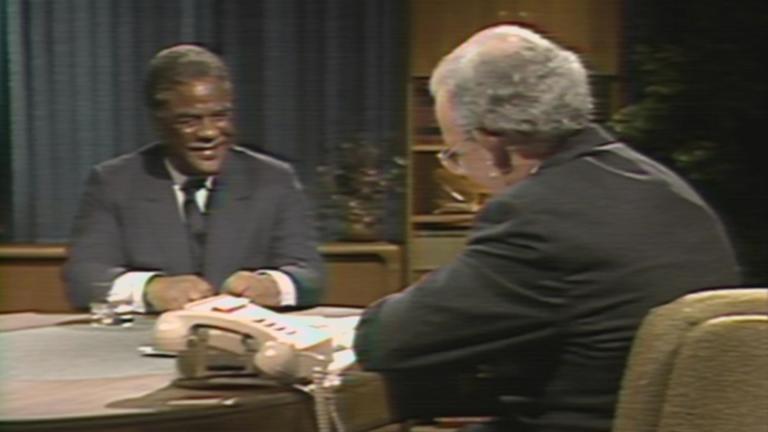The Chicago Urban League released its 2023 “State of Black Chicago” report, which measures outcomes in health, education, income,and housing for Black Chicagoans as compared to other racial groups.
The findings indicate there is still a lot of work to be done in advancing equity for Black residents. Among the issues highlighted in the research is persistent and overwhelming residential segregation, poverty rates triple that of White Chicagoans, worse educational outcomes for Black Chicago Public Schools students and lower average life expectancy for Black residents.
“I think one of the things that was striking to me is that really the more things change, the more things stay the same,” said Lionel Kimble Jr., vice president and executive director of the Chicago Urban League Research and Policy center. “And unfortunately those are some of the ideas and some of the issues that come out in our report.”
While the nonprofit West Side United works to close the health gap in Chicago, Executive Director Ayesha Jaco said it’s a focus that ends up having much broader implications.
“We’ve identified the key drivers in that gap being related to health conditions like cardio metabolic disease and the grouping there of cardiovascular disease, hypertension diabetes, followed by cancer, opioid overdose homicide and infant mortality,” Jaco said. “In our approach, we believe that yes, you have to address the barriers in accessing health care, but you also have to look at the economic vitality of residents, the educational climate, the neighborhood and the built environment.”
With three children in CPS and as a parent advocate for Kids First Chicago, Karonda Locust said she has witnessed firsthand the discrepancies in Chicago’s public schools.
“There is a big difference with children in lower income communities versus wealthier communities,” Locust said. “I do live on the West Side of Chicago and my children have attended school on the North Side of Chicago. So we do see a difference in the education system.”
Locust said she has noticed from sitting on local school councils at two different schools in two totally different communities, “there are things that are offered at one school versus another and it’s just the honest fact that CPS has this model that they think one size fits all. And some things aren’t offered to other schools or schools in lower income communities.”
As an example, Locust sees more grant funding going to schools that already have a robust set of resources.
“One of the things that they have at schools on the North Side are STEAM initiatives that are offered at their school where they get more funding, they get more resources, they renovate their school,” Locust said. “They have actual offerings and I haven’t seen many schools give any on the West Side of Chicago with the student grants.”
Kimble said with the stated ambitions of the new mayoral administration, he expects to see more progress on Black equity but that doesn’t mean community organizations should take their foot off the gas.
“I think we need a systematic investment in Black and Brown communities,” Kimble said. “I think that if we had this systematic neglect of our communities and listening to what Mayor Johnson’s administration is talking about in their platform and their ideas for the city, I think that there’s really hope that we can keep continuing to press the administration.”
However, Kimble says, there is still work to be done.
“We can’t simply rely on the Black mayor to take care of Black people’s issues,” he said. “We have to remain vigilant, attend our meetings, continue to agitate for change in our communities.”
Jaco said she hopes the Johnson administration will continue to take cues from Black communities in deciding what solutions will work for improving health outcomes.
“COVID exacerbated what we already knew to be true,” Jaco said. “The same communities that had the higher rates of diabetes, heart disease, hypertension, infant mortality are also the same communities that had the higher rates of COVID mortality and morbidity. And so COVID just blew that out of the water.”
Jaco said some of the lessons learned during the pandemic can be applied elsewhere.
“Some of the learnings from that model is to lead with community voice and provide resources because people on the ground that live in communities that are most impacted often have the most viable solutions,” Jaco said.








